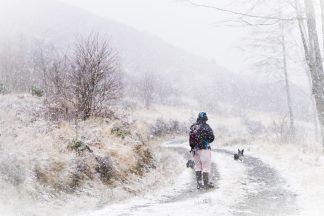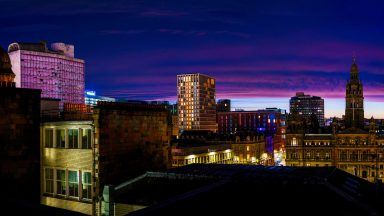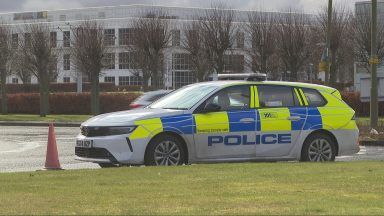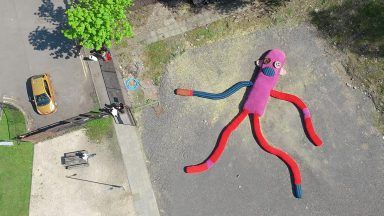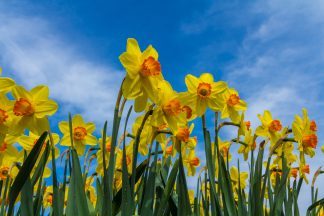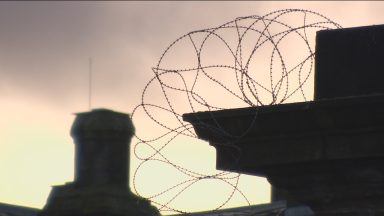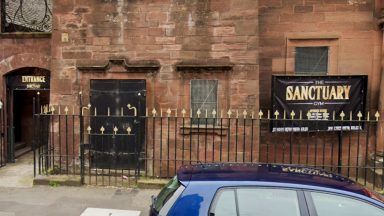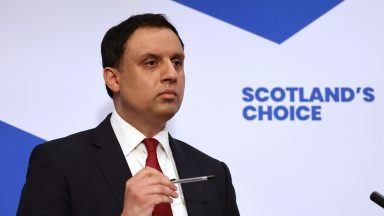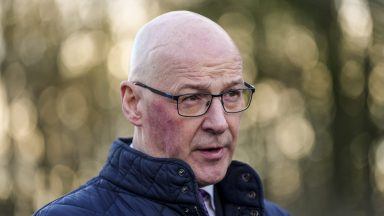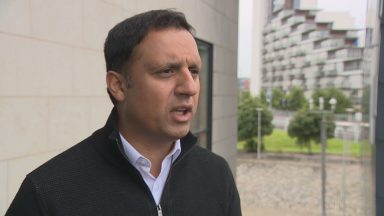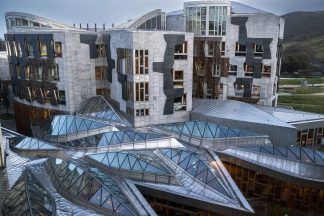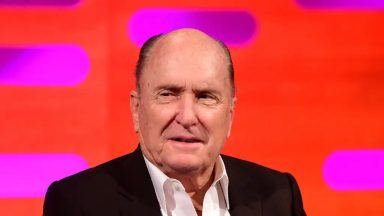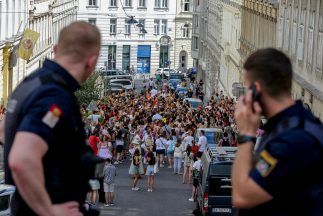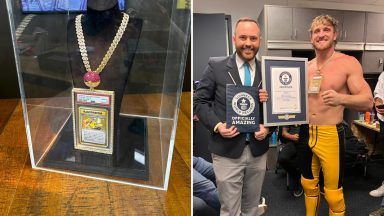Former first minister Nicola Sturgeon has said she is “as confident as ever” that Scotland will become independent.
Speaking ahead of the tenth anniversary of the independence referendum in 2014, Sturgeon described the period around the vote as “both the best of times and the worst of times”.
Scots voted by 55% to 45% to remain in the union, following an extensive two-year campaign which saw the then deputy first minister travel across the country campaigning, propelling her to the forefront of Scottish politics.
In the wake of the vote, Sturgeon’s predecessor and mentor Alex Salmond resigned, leaving her to take over the reins of the SNP – which would become the most potent political force in the UK for the next eight years.
Writing in the Daily Record on Tuesday, Sturgeon said: “In all manner of things, progress can sometimes feel glacial until suddenly it is not.
“I believe the same will be true of Scotland’s journey to independence.
“I am as confident as ever that we will get there, and sooner than might seem likely right now.
“And when we do, a new phase of building a better Scotland will begin in earnest.”
Despite the waning fortunes of the SNP – which fell to just nine seats at Westminster in July’s election while support for independence continues to hover around 50% – the former first minister said those who write off the independence cause are wrong.
“There is no shortage of unionist politicians now claiming that independence is dead in the water.
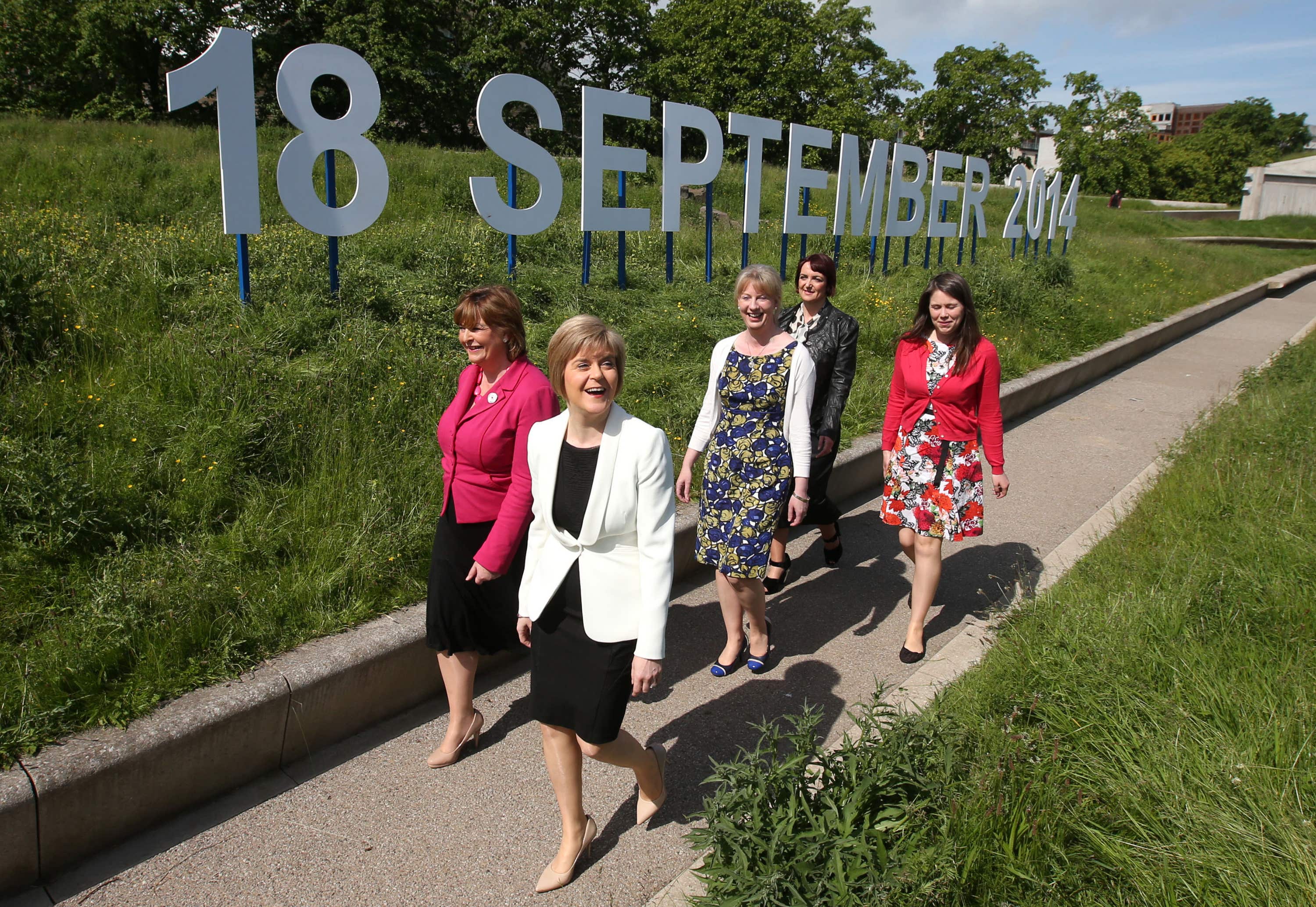 PA Media
PA Media“The smart ones know that to be nonsense.
The merest glance at opinion polls, showing that upwards of 60% of young Scots support independence, tells us which way the tide is flowing.
“Indeed, Westminster’s determination to deny Scotland even the choice of independence exposes confidence in the pro-union case that is skin-deep at best.”
The campaign politically energised vast swathes of the country, leading to an 85% turnout on polling day.
But some have spoken of the levels of vitriol to which the debate rose.
Sturgeon acknowledged the campaign was not “all sweetness and light”.
“While for Yes voters, the referendum was an opportunity to win something that felt precious – the independence of our nation – for No voters, it represented a threat to the union they cherished,” she wrote.
“The stakes were high and tensions sometimes rose to meet them.”
She added: “What I remember most about that time is how informed people were.
“Highly complex issues such as currency unions and lender of last resort were explored in depth.
“People on both sides knew that the decision mattered. We all took it seriously.
“Even people who had never voted in their lives before, turned out to have their say. For the first time, 16 and 17-year-olds got to vote too, helping to engage a new generation in the substance of politics.”
Follow STV News on WhatsApp
Scan the QR code on your mobile device for all the latest news from around the country


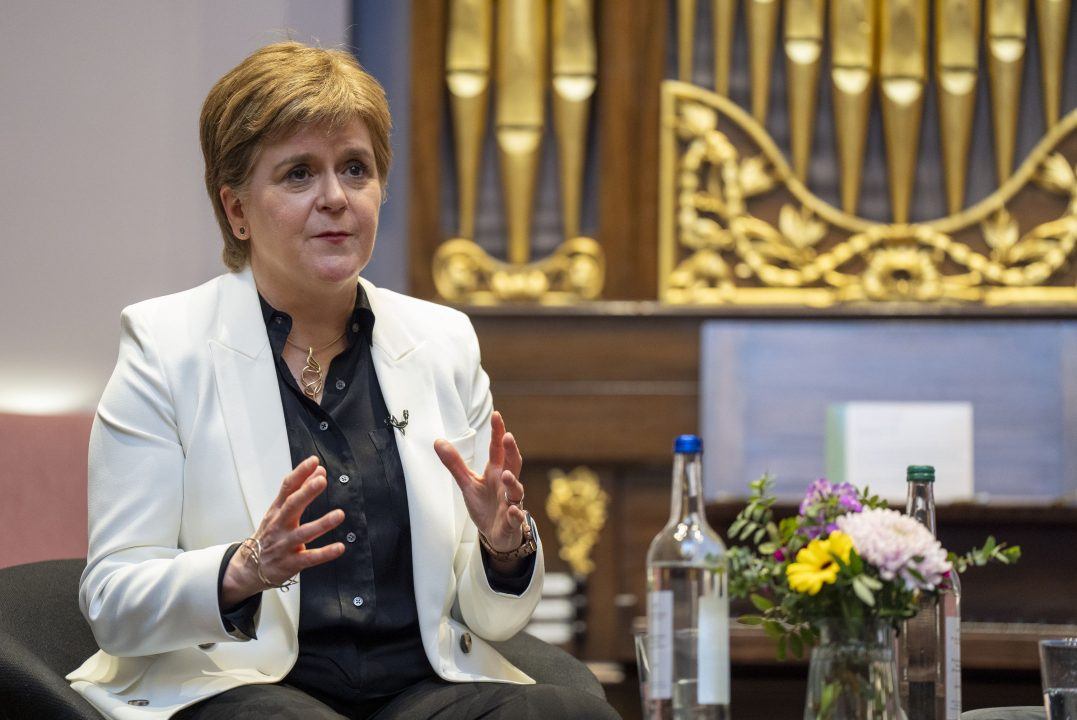 PA Media
PA Media

